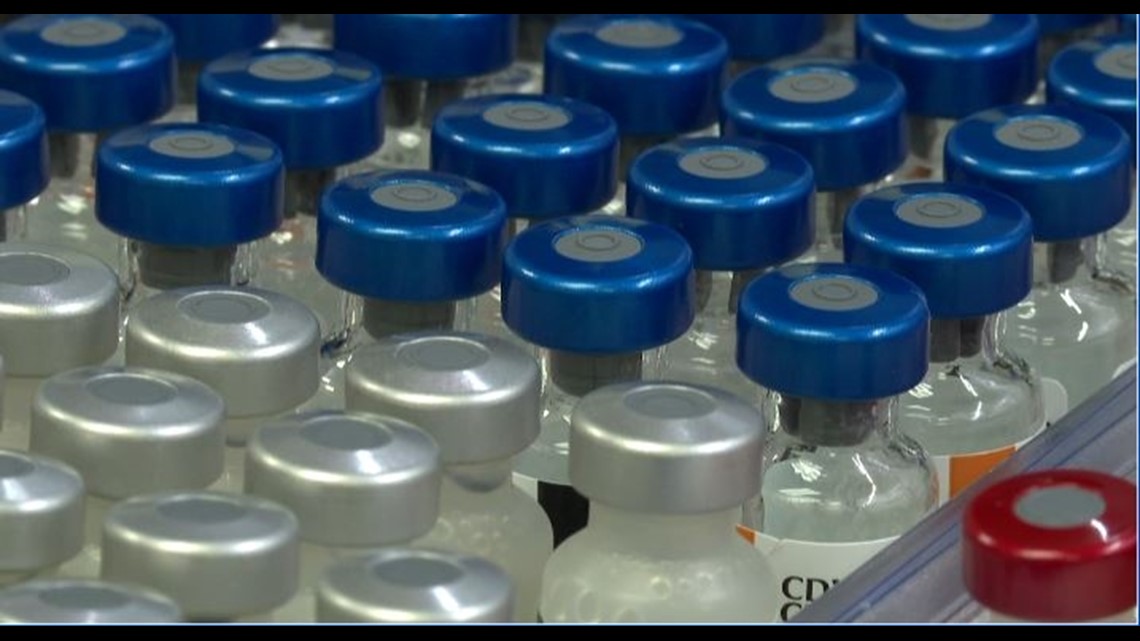Colorado State University participated in a month-long study showing 37% of pet owners believe vaccines cause autism in dogs.
DENVER — We’ve heard about hesitancy surrounding vaccinations in people, but what about our pets? A new report shows a large number of pet owners are concerned about vaccines causing autism in dogs.
“We like to come out here and play, and I feel much safer knowing that their health is somewhat protected by having those vaccines,” said Bonneau. “We think it’ll save on vet bills in the long run. Hopefully, they won’t get sick as much.”
Dr. Margot Vahrenwald makes a living keeping pets healthy, which includes administering vaccinations.
“There are going to be owners that will understand and then accept a vaccine for their pet, and there are some owners that just won't, and there’s a point when you don’t argue with a brick wall,” said Dr. Vahrenwald.
Colorado State University participated in a month-long study showing 37% of pet owners believe vaccines cause autism in dogs.
Vahrenwald said the results from the new study are concerning, “It becomes a process of education and really trying to have owners understand that maybe they’re putting an emotional response based on something they’re fearful of but to have them realize dogs don’t get autism,” she said.
If a dog is not properly vaccinated, Vahrenwald said it can be impossible to help them recover from an illness.
“I’ve seen parvo cases where pets could have- those puppies should have been vaccinated, and by the time the owner addressed the illness that they were seeing, they were too debilitated to survive,” said Vahrenwald.
Vahrenwald said vaccines are tailored to your pet's age, risk, and lifestyle. She said the only vaccine for pets required in Colorado is the rabies vaccine.
“I don’t have control over what other people do, but I do have control over my choices,” said Bonneau.
SUGGESTED VIDEOS: Animals and Wildlife





